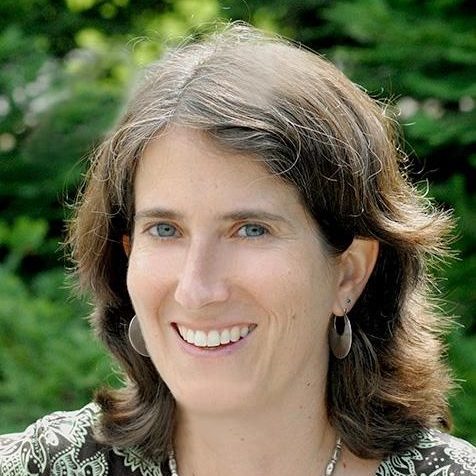Core B: Community Engagement Core
Summary
The new Community Engagement Core – Water Equity Science Shop (CEC-WESS) of the UC Berkeley Superfund Research Program (the Center) seeks to address drinking water quality problems in California that exist despite sophisticated statewide water infrastructure and federal water quality laws. Industrial and agricultural activities in California have resulted in elevated levels of chemical contaminants in drinking water such as nitrate, arsenic, pesticides, and chromium. Among small, rural, and socioeconomically disadvantaged communities, degraded infrastructure and a lack of resources to treat contamination problems result in drinking water that does not meet regulatory standards for health and safety. Residents served by water systems with fewer than five service connections and those using private wells face even greater challenges, as these systems are not regulated under existing drinking water laws and little monitoring exists to evaluate contamination problems. The fact that communities with elevated concentrations of contaminants in their drinking water are largely low income and disproportionately Latino raises environmental justice concerns.
The CEC-WESS will address these water equity challenges by leveraging the biomedical and water quality engineering expertise of Center to address the needs, priorities and concerns of community-based nongovernmental organizations (NGOs) working to address water quality concerns in disadvantaged communities. The overall approach of the CEC-WESS draws on community-based participatory research methods and European Science Shops as models that advance sustainable and socially-just strategies to improve drinking water quality by engaging community-based organizations throughout the research process– from the identification of research questions, to the implementation of study protocols, and the interpretation and dissemination of results. The CEC-WESS will conduct a needs assessment to identify community-driven research needs that directly support to our NGO partners’ efforts to identify solutions to prevent and reduce harmful drinking water exposures in disadvantaged communities. In partnership with the NGO Community Water Center, the CEC-WESS will conduct a pilot Domestic Well Intervention Study that tests the drinking water quality of domestic well users living in areas of high ground water contamination, the quality of locally available alternative sources of drinking water, and the effectiveness of point-of-use treatment technologies. The pilot study will include a community-driven results communication strategy that delivers individual test results to participants and leverages study data to impact state water policy and future intervention efforts. In so doing, the CEC-WESS will fill key knowledge gaps regarding drinking water quality and effective interventions to vulnerable users who are beyond the purview of current water quality regulation, and empower domestic well households to take individual action to reduce their exposure as well as collective action to advocate for longer term solutions.
Core Leadership

Rachel Morello-Frosch, Ph.D., MPH
Core Leader
Professor of Environmental Science, Policy, and Management, School of Public Health